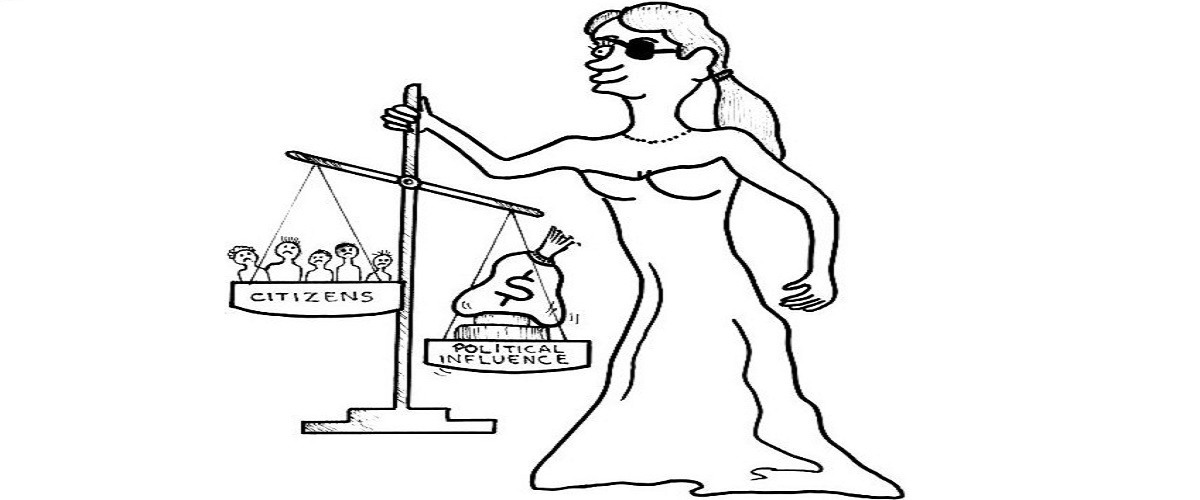Should Judges be Elected Or Appointed?
In Florida, appeals judges and state Supreme Court judges are appointed by the governor from lists provided by a nominating committee. Circuit and County Court Judges are elected by the people. All you need to run for judge is a law degree. Some say that a judge is simply an attorney who has gotten a promotion– or, in some cases, a demotion if you consider income. But if you have ever appeared before a judge at any level, you know how powerful these people are. Thus the continuing debate over whether judges should be appointed by the governor or elected by the people. The question is timely since the seats of three of the four Circuit Court Judges here are up for grabs in the upcoming elections– Judges Mark Jones, Tegan Slaton and Luis Garcia.
Jones and Slaton have announced challengers. So far, Garcia does not, but candidates have until May 2 to qualify. Circuit Court Judge David Audlin is not up for reelection this year– but he has just announced that he is stepping down from the bench May 9 with four years left on his term. He has not said why. According to Supervisor of Elections Joyce Griffin, Audlin’s replacement will be selected by the governor, since his resignation date is too late for candidates to qualify for the July 26 primary election. None of the four County Court Judges here are up for reelection. Both District and County Judges serve six-year terms.
Proponents of the elected judge system say that this is the most democratic way to keep judges accountable to the people. But critics say that forcing judges to be politicians– to raise money and go out and beg for votes– denigrates the dignity of the office. More importantly, they say, litigants (or potential litigants) may be able to gain an advantage in court by contributing to judicial campaigns. And, of course, there are the attorneys who contribute to the campaigns of judges who will be ruling on their cases. Once elected, judges know who helped them get there.
But the appointed-judge system also has its critics– primarily that it is influenced by politics. The big donors who contribute to local judges’ campaigns are often the same donors who contribute to governors’ campaigns. At the national level, the selection of justices to serve on the US Supreme Court by the President is the best example of politics in the appointed-judge system. In most cases, the sitting President overtly selects justices that agree with his agenda. How else can you explain split votes on most cases? After all, “interpretation” aside, the law is the law, right? How else can you explain the recent ruling concerning Obamacare– the case challenging the law that imposes financial penalties upon citizens who do not sign up for health care. The Court ruled that the penalties are not really penalties at all. They are “taxes.” Seriously?
In city and county elections here, traditional wisdom suggests that the incumbent has the advantage and will most likely win unless he or she has been involved in some terrible scandal– and, especially in Key West and Monroe County, even if the incumbent has been involved in scandal, he or she is still likely to win. For example, Mark Jones is now an 18-year incumbent judge, but when he challenged the incumbent back in 1996, he almost lost– even though the incumbent had been involved in a sensational sex scandal and had almost been removed from office by the state Judicial Qualifications Commission. In 2008, there was no scandal involved when Tegan Slaton ran for the seat being vacated by retiring Judge Sandra Taylor. But it was no cakewalk. He won by just a few votes after a contentious runoff.
Also, it should be noted that judicial campaigns are not conducted the same as the typical political campaigns to which we have all become accustomed. Most judicial candidates say that “ethics” prohibit them from attacking their opponents in their political ads. So, typically, judge wannabes simply promise integrity and honesty on the bench and ignore the fact that the incumbent has valuable experience. But once elected, these same judge-politicians run on “experience counts” platforms. Go figure. As a result, the voters are forced to choose judges in a near informational vacuum– unless the press picks up on something unfavorable in either candidate’s background.
The primary election is August 26. The general election is November 4. The last date to register to vote in the primary election is July 28. The last date to register to vote in the general election is October 6.
~~~~~~~~~~~~~~
Dennis Reeves Cooper founded Key West The Newspaper (the Blue Paper) in 1994 and he was editor and publisher until he retired in 2012.

